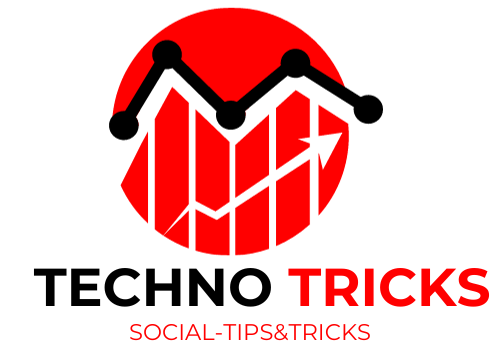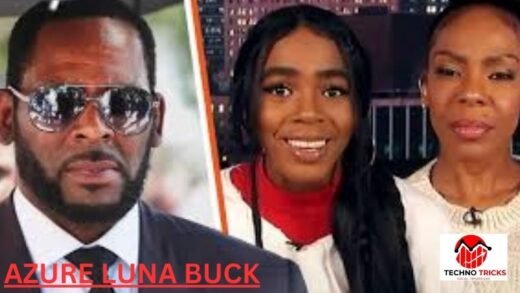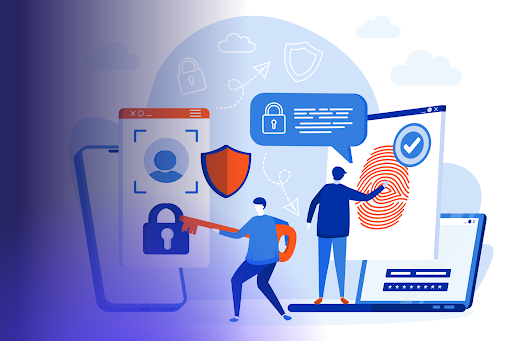Influencers Gone Wild: When Social Media Influencers Cross the Line
In the digital age, social media influencers have become powerful figures, shaping opinions, trends, and consumer behavior. However, the allure of fame and the pressure to maintain relevance have led some influencers to engage in controversial and unethical behaviors. This article delves into the phenomenon of “Influencers Gone Wild,” examining the instances when social media influencers cross the line and the consequences of their actions.
The Rise of Social Media Influencers
The advent of social media platforms like Instagram, YouTube, and TikTok has given rise to a new breed of celebrities known as influencers. These individuals amass large followings by creating content that resonates with their audiences. Influencers wield significant power, often more than traditional celebrities, because they are perceived as relatable and authentic.
Influencers monetize their reach through brand partnerships, sponsored posts, and affiliate marketing. As their follower count grows, so does their influence, leading to lucrative deals with major brands. This symbiotic relationship between influencers and brands has created a multi-billion-dollar industry. However, the pressure to constantly produce engaging content and maintain a large following can drive influencers to extreme and sometimes unethical behaviors.
When Content Creation Goes Wrong
Influencers are constantly seeking ways to stand out in an increasingly crowded digital space. While creativity and innovation are essential, some influencers resort to sensationalism and controversy to capture attention. This approach can lead to dangerous and irresponsible content.
Dangerous Stunts and Pranks
One of the most alarming trends among influencers is the creation of dangerous stunts and pranks. In an attempt to go viral, some influencers engage in activities that put themselves and others at risk. For instance, some YouTubers have filmed themselves performing dangerous stunts without proper safety measures, leading to serious injuries or even fatalities. Such actions not only endanger lives but also set a bad example for their impressionable followers.
Fake and Misleading Content
Another troubling aspect of influencer culture is the proliferation of fake and misleading content. Some influencers have been caught promoting products or services that they have never used or that are of questionable quality. This practice, often driven by lucrative endorsement deals, undermines consumer trust and can have serious repercussions. For example, the promotion of dubious health products or miracle cures can lead to adverse health effects among followers.

Ethical Violations and Scandals
The pursuit of fame and fortune has also led to numerous ethical violations and scandals within the influencer community. These incidents highlight the darker side of influencer culture and the lengths some individuals will go to maintain their status.
Plagiarism and Intellectual Property Theft
Plagiarism and intellectual property theft are rampant issues among influencers. Some content creators have been accused of stealing ideas, photos, or entire pieces of content from others without proper attribution. This not only harms the original creators but also undermines the integrity of the influencer’s brand. In some cases, legal actions have been taken against influencers for such violations, leading to damaged reputations and financial losses.
Exploitation and Manipulation
Influencers often present themselves as relatable and trustworthy figures. However, some have been exposed for exploiting and manipulating their followers for personal gain. For example, influencers have been caught running pyramid schemes, selling overpriced products, or promoting get-rich-quick schemes. These practices prey on the gullibility and trust of their followers, leading to financial losses and emotional distress.
Inappropriate Behavior and Scandals
The public nature of an influencer’s life means that any inappropriate behavior is quickly exposed and magnified. Instances of racism, sexism, or other discriminatory behaviors have led to significant backlash against influencers. Additionally, scandals involving infidelity, substance abuse, or illegal activities can tarnish an influencer’s image and lead to a loss of followers and brand partnerships.
The Impact on Followers and Society
The actions of influencers gone wild have far-reaching consequences, not only for the influencers themselves but also for their followers and society at large.
Mental Health and Self-Esteem
The curated and often unrealistic portrayals of life by influencers can have a detrimental impact on the mental health and self-esteem of their followers. Constant exposure to idealized images and lifestyles can lead to feelings of inadequacy, anxiety, and depression. Moreover, the pressure to emulate the lives of influencers can result in unhealthy behaviors, such as excessive spending or extreme dieting.
Influence on Youth
Young people, who are among the most avid consumers of social media content, are particularly vulnerable to the negative influences of unethical behavior by influencers. They may imitate dangerous stunts, believe in misleading information, or aspire to unattainable standards of beauty and success. This can have long-term effects on their development, self-image, and decision-making.
Consumer Trust and Brand Integrity
The unethical actions of influencers can erode consumer trust and damage the integrity of brands that partner with them. When influencers promote subpar or harmful products, it reflects poorly on the brands they represent. As a result, consumers may become skeptical of influencer endorsements, which can hurt the overall effectiveness of influencer marketing.
Addressing the Issue: Responsibility and Accountability
To mitigate the negative impact of influencers gone wild, it is essential to promote responsibility and accountability within the influencer community. This involves efforts from influencers, social media platforms, brands, and regulatory bodies.
Influencer Responsibility
Influencers must recognize the power and responsibility that comes with their platform. They should strive to create authentic, ethical, and responsible content that adds value to their audience. By setting positive examples and being transparent with their followers, influencers can build trust and maintain their credibility.
Platform Regulation
Social media platforms play a crucial role in moderating content and enforcing community guidelines. Platforms should implement stricter policies to prevent the spread of harmful, misleading, or unethical content. This includes flagging and removing dangerous stunts, verifying the authenticity of sponsored posts, and penalizing influencers who violate guidelines.
Brand Partnerships
Brands must exercise due diligence when selecting influencers for partnerships. They should thoroughly vet influencers to ensure that their values align with the brand’s image and that they maintain ethical standards. Brands should also be prepared to sever ties with influencers who engage in unethical behavior to protect their reputation and consumer trust.
Regulatory Measures
Regulatory bodies can help enforce ethical standards in influencer marketing. This includes implementing guidelines for transparency in sponsored content, ensuring that influencers disclose their affiliations with brands, and penalizing deceptive practices. By establishing clear regulations, authorities can help maintain the integrity of the influencer industry.
Conclusion
The phenomenon of “Influencers Gone Wild” highlights the need for greater responsibility and accountability in the influencer community. While social media influencers have the power to shape opinions and drive trends, they must recognize the impact of their actions on their followers and society. By promoting ethical behavior, transparency, and authenticity, influencers can maintain their credibility and continue to thrive in the ever-evolving digital landscape.
Read also: check




